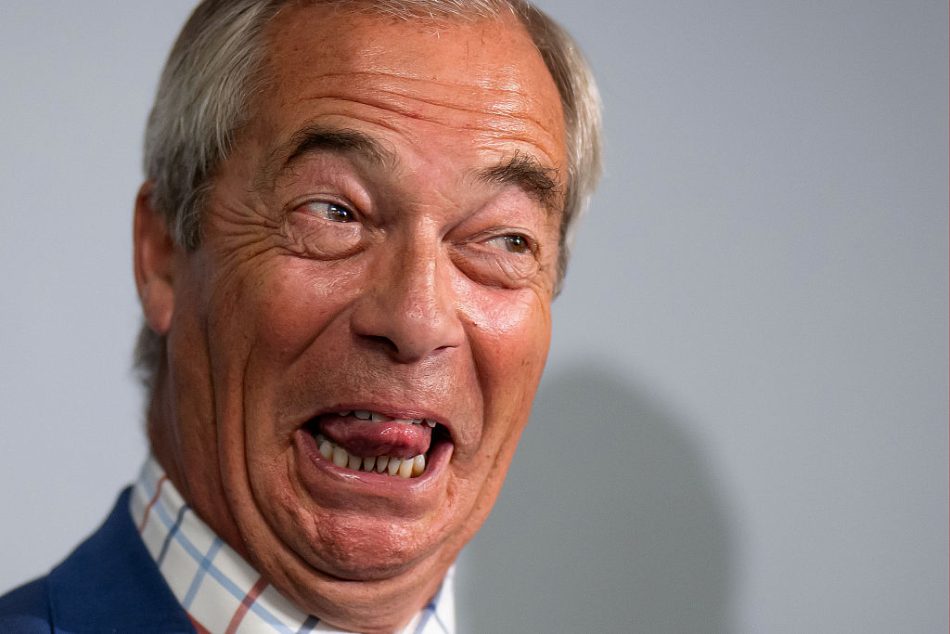Friday morning brings with it the usual raft of council by-election results. It has been another good night for Reform UK, who polled a very strong second in the centre of Cardiff, despite only running a limited campaign. But the most striking result was in Bromley, where Nigel Farage’s party won their first London ward with 34 per cent of the vote. That is despite the Tories fielding a strong candidate and canvassing the area hard, with Kemi Badenoch out door-knocking on polling day.
Reform ran a good campaign here, with their candidate Alan Cook, well-versed on the issues and the party’s messaging. But the party believe that something more fundamental is going on than simply the electorate’s disdain for the Tories. Reform’s proven ability to win wards, and not merely serve as a protest vote, is encouraging switchers who might have stayed with the Conservatives when they were seen as the most viable option. ‘Vote Reform, get Reform’ is the message now.
That bodes well for Reform in next year’s London council elections. Farage’s team is targeting the so-called ‘doughnut’ of outer boroughs on the capital’s fringe. These have traditionally been areas of strong Conservative support and were the basis for Boris Johnson’s mayoral victories in 2008 and 2012. Kemi Badenoch’s party currently control five boroughs here – Bexley, Bromley, Croydon, Harrow and Hillingdon – compared to just one – Kensington and Chelsea – in inner London.
Farage-led parties have always struggled to do well in London. But within Milbank Tower, staff are currently working out which subjects play well in the ‘doughnut’. Just as how Johnson ran against the expansion of the congestion charge in 2008, they are looking for a single issues which they can on next May. The ongoing six-week campaign on crime plays nicely into that. As I wrote about on Tuesday, Farage is going after the ‘Mums’ vote’ of middle-aged women concerned about community safety and their family’s life chances.
For the Tories, this could well spell trouble. Around half of the party’s 120,000 members are believed to be based in the capital. But the campaign infrastructure looks to be rusting around them. Less than a decade ago, CCHQ boasted a campaign manager in all 32 London boroughs; now this number has fallen by around 75 per cent. For the past decade, the national party has embraced a strategy which lent into the post-Brexit ‘realignment.’ This paid dividends in 2019, when the Conservatives could afford to lose Richmond and Putney as they were winning Wakefield and Workington. But now the red wall has gone – and there are few signs that wealthy metropolitans are flocking back now either.
Next May, the main focus of election night will be Scotland and Wales. But the story in London could make for grim reading for the Conservatives too.







Comments